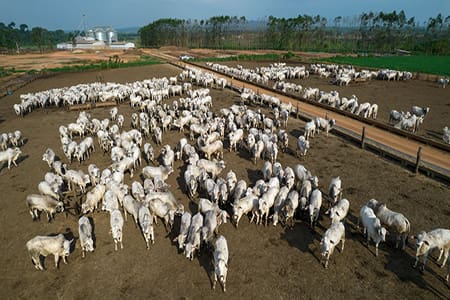This section explores how conscious choices, food system transformation, and rethinking production methods can lead us toward a more sustainable and compassionate future. It highlights approaches that not only reduce animal suffering but also help regenerate the planet, lower our environmental footprint, and promote human health. In a world where industrial animal farming drives climate and ecological crises, the need for bold and systemic solutions has never been more urgent.
From plant-based diets and regenerative agriculture to emerging food technologies like cultivated meat and forward-thinking global policies, this category presents a wide range of practical pathways. These solutions are not utopian ideals—they are tangible strategies for reshaping a broken food system. One that can nourish people without exploiting animals, depleting nature, or worsening global inequality.
Sustainability is more than just an environmental goal; it forms the foundation for building an ethical, healthy, and equitable future for all living beings on this planet. It challenges us to rethink our relationship with nature, animals, and each other, emphasizing responsibility and compassion as guiding principles. This category invites us to envision a world where our individual choices and collective actions become powerful drivers of healing, restoration, and balance—rather than contributors to ongoing destruction and inequality. Through increased awareness, deliberate commitment, and global cooperation, we have the opportunity to transform systems, rebuild ecosystems, and create a future that nurtures both people and the planet. It is a call to move beyond temporary fixes and towards lasting change that honors the interconnectedness of all life.
Discover the life-changing benefits of a plant-based diet—a powerful choice for your health and the planet. Packed with nutrients, antioxidants, and fiber, this lifestyle can help prevent chronic diseases, boost digestion, and support weight management. Beyond personal well-being, it’s a game-changer for the environment, slashing greenhouse gas emissions and conserving vital resources like water and land. Whether you’re seeking better health or aiming to combat climate change, embracing plant-based eating is a simple yet impactful step toward a sustainable future. Let’s explore how every bite can make a difference!


























































